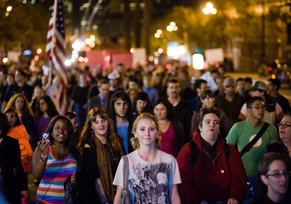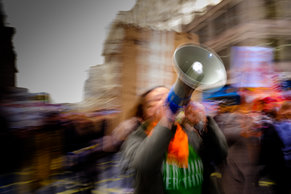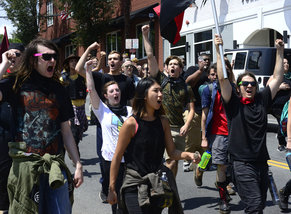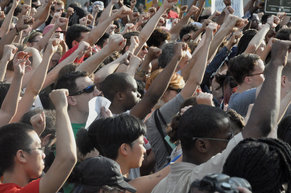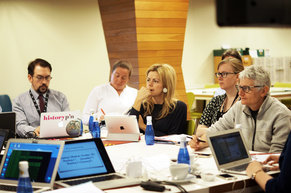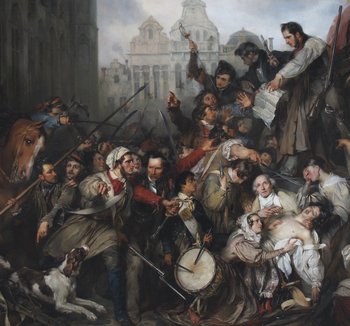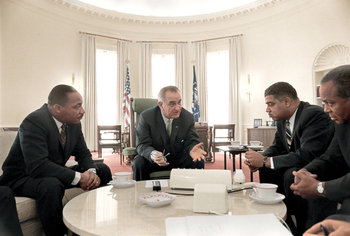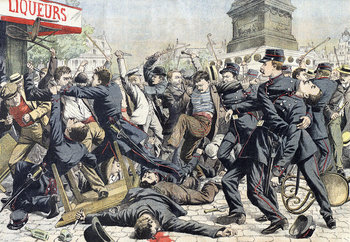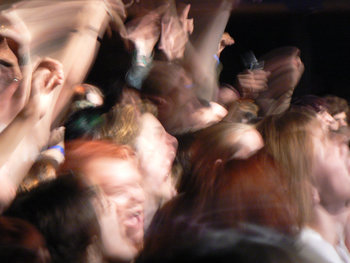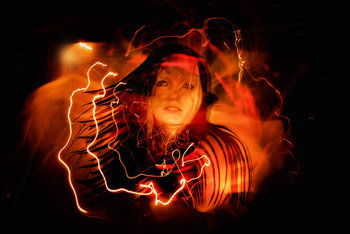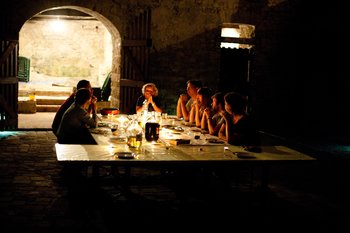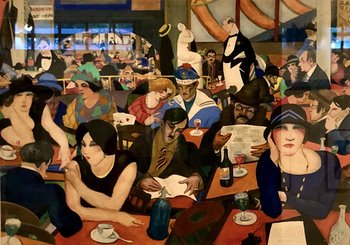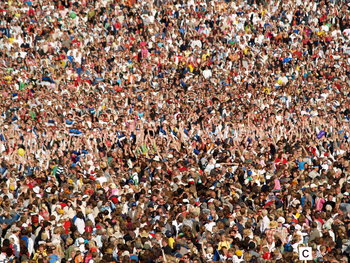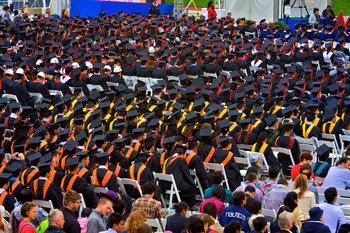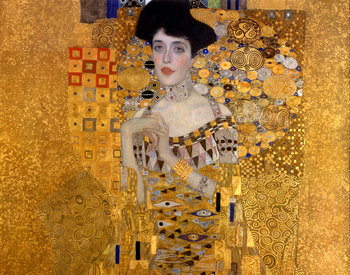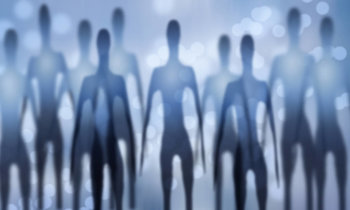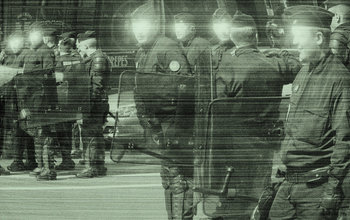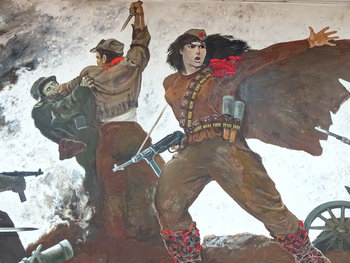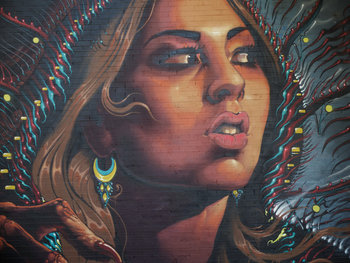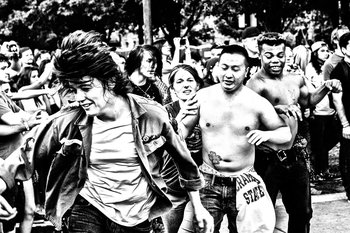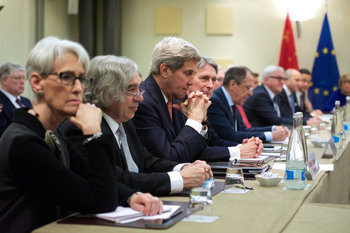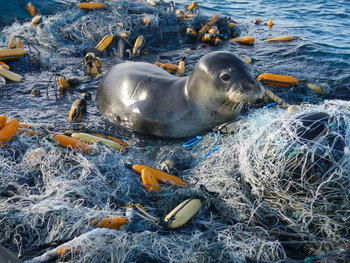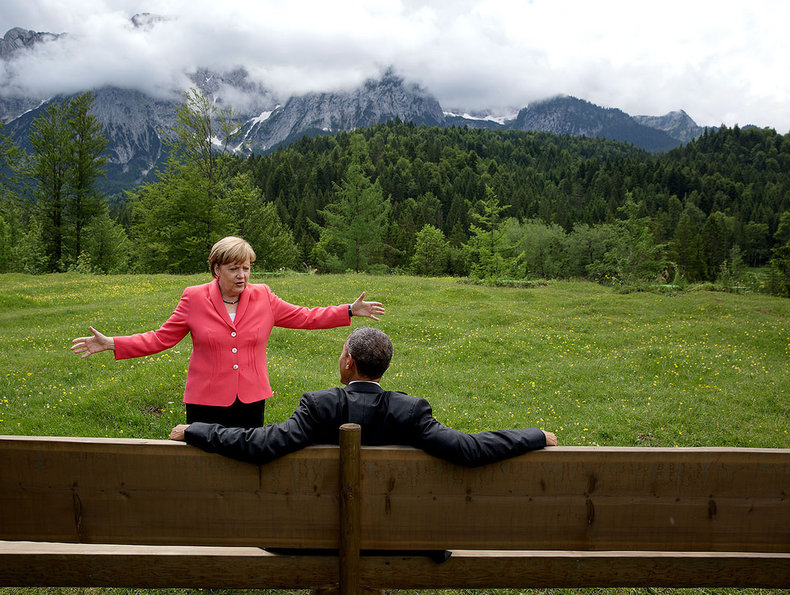
Democracy
A democracy vests authority in the people of a nation who vote for elected representatives. The people may also vote on major decisions with a referendum. Democracies are more than systems of voting but are participatory systems where anyone can voice their ideas, assemble and form political parties. All adults have an equal vote under a democracy with protections in place to prevent undue influence by special interests. The following are some basic characteristics of a democracy.Constitution | Elected Representatives with Limited Terms |
Free Press | Freedom of Assembly |
Freedom of Speech | Government Accountability |
Government Transparency | Political Equality |
Political Participation | Rights & Freedoms |
Rule of Law | Separation of Church and State |
Separation of Powers | Universal Suffrage |
Partial Democracy
In many cases, a society votes for officials but isn't a democracy in the sense that the people have any real power over the government. For example, a lack of political freedoms, government transparency and a free press may allow an elite to control a society indefinitely despite voting.Corruption | Entrenched Elite With Influence Over Government |
Lack of Political Freedom | Propaganda |
Secrecy | Voting |
One-Party State
A state where only one party is allowed to form a government or where this is the defacto result of every election. In a one-party state, authority is granted to those who can rise within the party itself. Power may be based on family ties, corporate power structures and other relationships.Oligarchy
Oligarchy is a broad term for rule by the few. This has many variations based on the motives and claim to authority of the ruling elite. For example:Aristocracy (rule by upper class families) | Kleptocracy (rule for profit) |
Meritocracy (rule by "talented experts") | Technocracy (rule by "experts") |
Autocracy
Rule by one, usually known as a dictatorship. A dictator has absolute and unchecked power over a society and may be intolerant of any sign of opposition such that they are likely to remove freedoms. This remarkable state of things where a single individual dominates a society with complete authority occurs for various reasons:Coercive Force | Cult of Personality |
Rise to Dominance in a One-Party State | Rise to Dominance in a Partial Democracy |
Supranational Union
International organizations that have power delegated to them by member states. Citizens of member states and their elected representatives may have little influence over these organizations such that this may give up elements of sovereignty.Anarchy
Rule by none. This is difficult to implement as people naturally compete and power structures emerge in any group. To prevent this from happening would also require a power structure. This is a bit paradoxical such that it hasn't occurred for any length of time in any large community, let alone a complex society. It is interesting as a theory.| Overview: Political System | ||
Type | ||
Definition | A system for distributing authority over a society. | |
Commonly Confused With | IdeologyEconomic System | |
Also Known As | Form of Government | |
Related Concepts | ||

